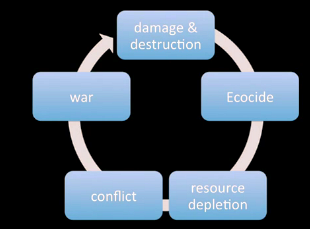This year at the Beneath the Waves Film Festival, the short film Mikono ya Wavuvi meaning “In Fishermen’s Hands” won the People’s Choice Award. “Coral reefs are one of the most biodiverse ecosystems in the world, and globally, millions of people depend on the resources they provide. In East Africa, along the coast of Kenya, fishing is often the only option for work, and as a result, communities are highly reliant on coral reefs for food and livelihood. This has resulted in increasingly degraded coral reefs, where very few fish remain and sea urchins take over. Consequently, some fishermen have identified a need for change. This has resulted in an exciting movement for the establishment of community-managed areas closed to fishing, locally called a “tengefu”, which is a Swahili term meaning “to set something aside“. This is a short film about marine conservation in Kenya and the struggle between fishermen saving the ocean or saving their livelihood.”
via Mikono ya Wavuvi (In Fishermen’s Hands) on Vimeo.
“The Beneath the Waves Film Festival aims to encourage, inspire, and educate scientists, advocates, and the general public to produce and promote open-access, engaging marine-issue documentaries. The goal is to facilitate widespread science communication by bringing together marine films from around the world for open discussion, while also providing hands-on educational opportunities for researchers interested in film and media outreach.”
via Beneath The Waves Film Festival.
Further Links
Mikono ya Wavuvi Facebook page
Beneath the Waves Facebook page

